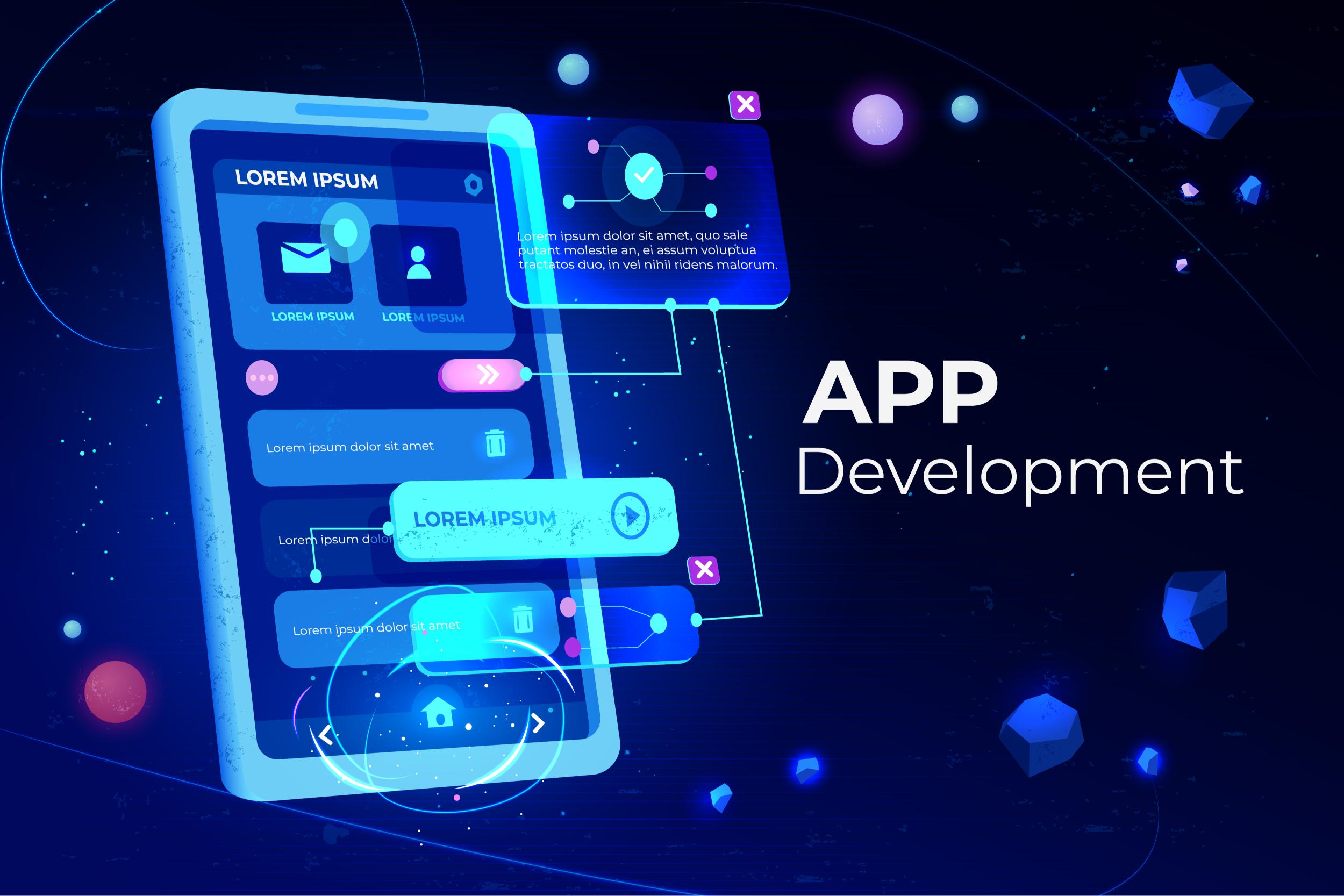Hire Mobile App Development
In today's digital age, having a mobile app is not just an option but a necessity for businesses looking to enhance their reach and engagement with customers. Our mobile app development services are tailored to transform your ideas into robust, user-friendly applications that resonate with your audience and drive business growth.
Hire a ExpertMobile App Development

Mastering Mobile: A Comprehensive Guide to Mobile App Development
Introduction
- Brief introduction to the importance of mobile apps in today's digital landscape.
- Overview of what readers can expect to learn in the blog.
1. Understanding Mobile App Development
- Definition of mobile app development and its significance.
- Importance of having a mobile presence for businesses.
2. Types of Mobile Apps
- Native apps: Definition, advantages, and examples.
- Web apps: Definition, benefits, and when to choose them.
- Hybrid apps: Explanation of hybrid approach, pros, and cons.
3. Key Stages of App Development
- Ideation and Planning: Defining app goals, target audience, and features.
- Design: UX/UI principles, wireframing, prototyping.
- Development: Frontend vs. backend development, technology stack selection.
- Testing: Types of testing (functional, performance, security), importance of QA.
4. Choosing the Right Platform
- iOS vs. Android: Market share, user demographics, and considerations.
- Cross-platform development: Pros and cons, frameworks like React Native and Flutter.
5. Technologies and Tools
- Overview of popular development technologies: Swift, Kotlin, React Native, Flutter, etc.
- Tools for design, development, testing, and deployment: IDEs, version control, testing frameworks.
6. User Experience (UX) and User Interface (UI) Design
- Importance of intuitive design and seamless user experience.
- Best practices for mobile UX/UI design: Navigation, responsiveness, accessibility.
7. Backend Development and APIs
- Role of backend systems: Server-side languages, databases (SQL vs. NoSQL).
- API integration: Connecting frontend to backend, RESTful APIs, security considerations.
8. Testing and Quality Assurance
- Importance of testing throughout the development lifecycle.
- Types of testing: Functional, performance, security, usability.
- Tools and methodologies for testing mobile apps.
9. Deployment and Maintenance
- Strategies for app deployment: App Store guidelines, Google Play Store requirements.
- Ongoing maintenance: Updates, bug fixes, user feedback, and support.
10. Cost and Timeline Considerations
- Factors influencing app development costs: Features, complexity, team size.
- Estimating timelines for different stages of development.
11. Case Studies and Success Stories
- Examples of successful mobile apps: Development journeys, challenges faced, lessons learned.
- Impact of mobile apps on businesses and industries.
12. Emerging Trends in Mobile App Development
- AI and Machine Learning integration in mobile apps.
- Augmented Reality (AR) and Virtual Reality (VR) applications.
- Internet of Things (IoT) and mobile app connectivity.
13. Choosing a Development Partner
- Tips for selecting a reliable app development company or team.
- Key considerations: Portfolio, expertise, communication, and transparency.
14. Future Outlook for Mobile App Development
- Predictions for the future of mobile apps: Trends, technologies, and innovations.
- How businesses can stay ahead in the mobile app landscape.
Conclusion
- Recap of key points covered in the blog.
- Final thoughts on the evolving landscape of mobile app development and its impact.

